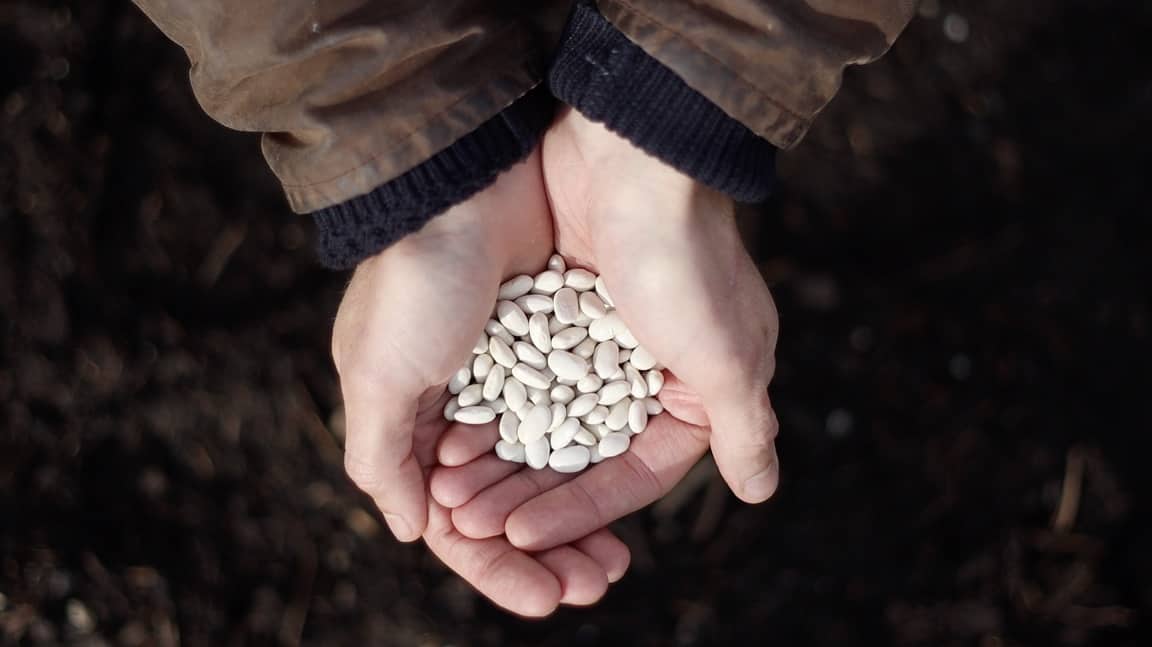Mathilde Chatin is consulting and advising some of the world’s largest clients in the food and agriculture space
Importance of communication in Alt proteins,
By Mathilde Chatin
Alternative protein sources have – in just a few years – gone from a niche product to a mainstream phenomenon Big players in the meat industry have gotten on board with this movement, and they must now work to communicate the significant implications of this trend for the industry and how they reflect their commitment to sustainable production and food safety.
According to the Food Security Report, “the UK is a net importer of dairy and beef” but “largely self-sufficient in cereal production” (producing 100 percent of its own oats and barley and 90 percent of its wheat). The UK “produces more than 50 per cent of the vegetables consumed domestically”. About 4 percent of UK consumers are vegetarian; And 7 percent are vegetarians. According to recent statistics, it is expected that by 2025, one in four of us may be vegetarian or vegan. Ongoing efforts to manage global supply and demand trends as well as portfolio range diversification and expansion into alternative protein sectors provide food manufacturing companies with a stronger position in safeguarding food security.

Investment attraction
Interest in alternative proteins is growing, and manufacturers need to focus on this as a major market opportunity. The UK is seeing growing interest from consumers who – with growing awareness of their carbon footprint – are weighing up alternative diets. The Biotechnical and Biological Sciences Research Council (BBSRC), the UK’s largest public funder of non-medical biosciences, said in its 2022-2025 strategic delivery plan that it would jointly invest at least £20M to develop alternative, more sustainable protein sources.
According to Consultancy.uk, only one-fifth of respondents to their survey said they never avoided specific elements they identified as having a greater impact on the environment. While only 7% said they were always vegetarian, another 31% said they ate vegetarian at least sometimes. This means that the market is rising, and investors should be aware of the potential for growth. Research by Oxford Economics (a world economic advisory firm) estimates the UK’s cell-based meat industry will be worth £1.7 billion in 2030.

For now, alternative proteins don’t get the attention they deserve from investors: according to BCG, buildings receive 4.4 times more mitigation capital than food production, even though building emissions are 57% lower than those involved in food production. The Project Drawdown group, which evaluates climate solutions, puts a plant-based diet in the top three of nearly 100 options. Investors need to understand that alternative proteins have far more impact than other green investments – and manufacturers need to get that message out there.
“Investors need to understand that alternative proteins have much more impact […] — and creators need to get that message out there.”
In 2022, the Good Food Institute notes a record-high year for companies investing in alternative protein products, with investment from private capital growing 60% in 2021. This positive trajectory of funding and investment for the alternative protein industry sets the scene for the future of global food producers and encourages industry players to diversify their portfolios and product offerings.
Communication of environmental benefits
It is important to note that these innovative options will play a role in combating climate change. Plant-based food production emits 90% less carbon than traditional meat raising and processing. Similarly, plant-based food production uses 99% less land than meat.

On the other hand, FAO predicts that global meat consumption will increase by 70 to 100 percent by 2050. A large-scale switch to alternative proteins would free up the supply of major crops expected to drive down grain prices. This balanced approach will give the sector more credibility and opportunities to collaborate with other stakeholders on climate action.
“A large-scale switch to alternative proteins would free up supply of major crops estimated to reduce grain prices by as much as 12 percent.”
In terms of growth opportunities, meat production is an energy-intensive production process and as technology improves, it will become more efficient to produce farmed meat. Cultured meat is produced by directly cultivating animal cells. Contrary to common misconceptions, farmed meat is real meat produced in a more scientific and sustainable manner. According to a report by independent research firm, CE Delft: If produced using sustainable infrastructure, such as using renewable energy, farmed meat can emit 92% less greenhouse gases and use 95% less land and 78% less water than conventionally. . formula

Alt protein also goes hand in hand with food safety. In light of global political instability and supply chain disruption, this could have a significant and positive impact on the UK food system. The war in Ukraine has highlighted the need for resilient and sustainable food supply chains.
“Farmed meat production is not dependent on the weather, which means it is protected from adverse climatic events.”
Once farmed meat production is more energy efficient, it offers a highly regulated and environmentally sustainable process of food production. Farmed meat production is also not dependent on the weather, meaning it is protected from adverse climatic events. The unifying goal of farmed meat and alternative proteins is to ensure a more sustainable future for all.
Engage with stakeholders
The UK has been named as a potential world leader in alternative protein regulation and development. However, implementation of Alt protein-specific funding and policy targets will be critical to make this happen.
The UK Government Food Strategy has allocated £120 million to invest alongside UKRI in alternative protein research. By funding and improving the regulatory framework, the government aims to support progress on a wide range of topics, including alternative proteins and gene editing.
It is undeniable that the future of food needs to be more sustainable. With political and technological tailwinds supporting the development of this space within the industry, it is hoped that the agri-food sector will be equipped to deal with geopolitical challenges more efficiently and safely.

